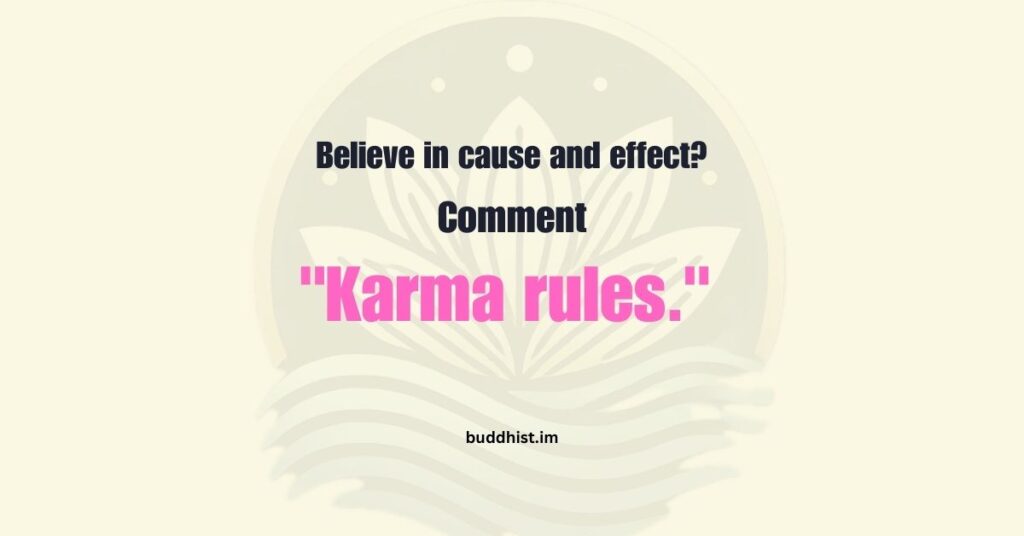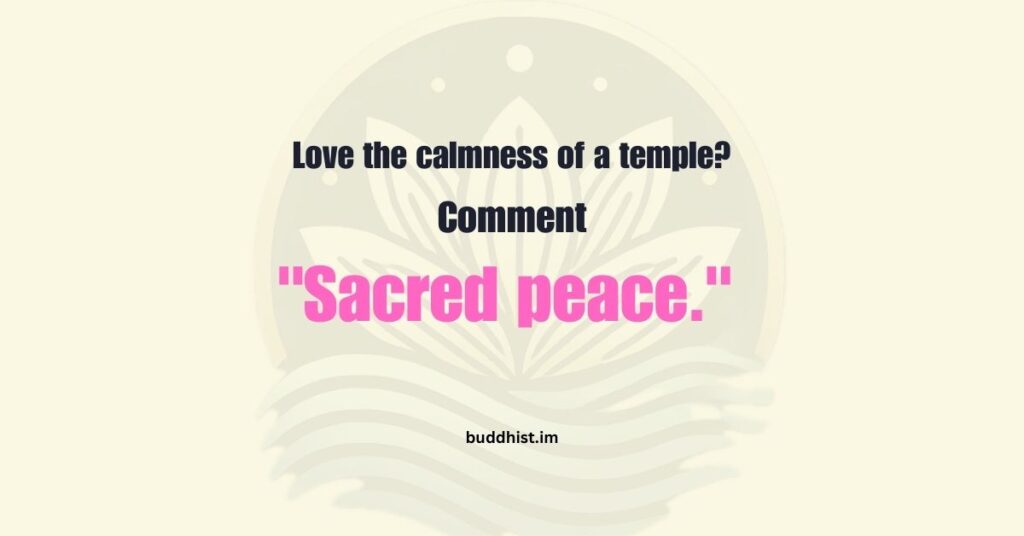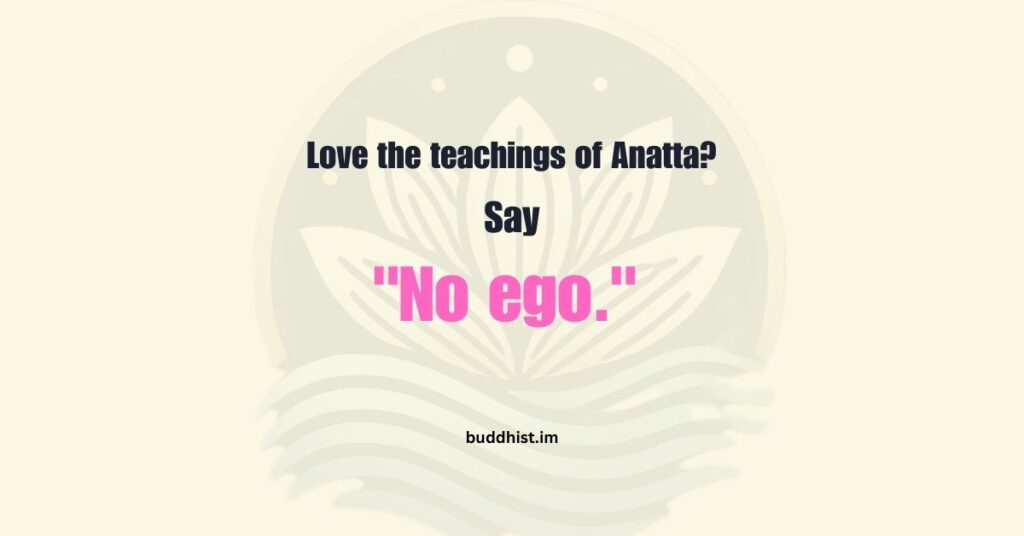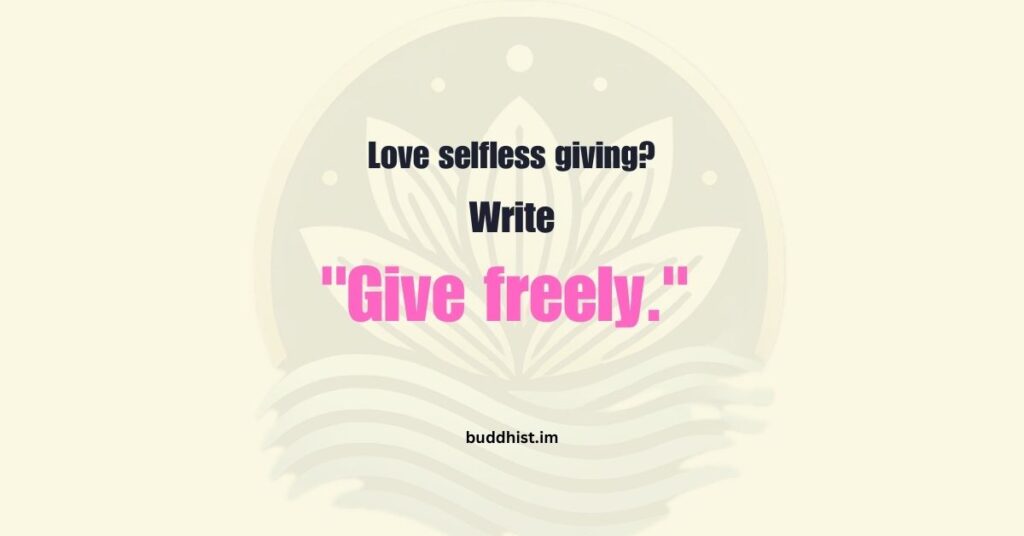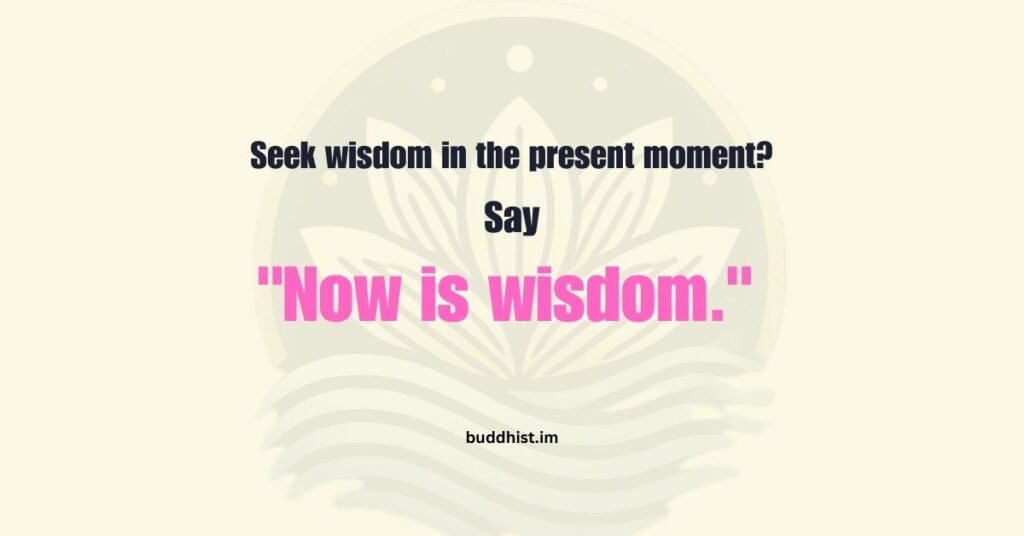Picture this: You and your partner are sitting cross-legged on a cushion, sipping herbal tea, and laughing over the silly fight you had about folding laundry. Sounds like a dream, right? But trust us, young grasshopper, this can be your reality. The secret to navigating family disputes without spiraling into chaos lies in a few timeless Buddhist principles, and yes, we promise it’s a lot less Zen-master-serious than it sounds.
Let’s dive into the fun, practical, and oh-so-relatable ways to bring harmony to your home while keeping your sanity (and sense of humor) intact!
1. Start with a Deep Breath (or Ten)
Ever notice how you tend to say things you regret when you’re fired up? That’s the heat of the moment talking. Before you respond to your partner’s snarky comment about your “interesting” cooking experiment, take a deep breath. Or ten.
Buddhism teaches us that mindfulness begins with the breath. It’s like hitting the pause button on an emotional Netflix binge. Breathe in, breathe out, and let that wave of irritation pass. Bonus: It makes you look calm and mysterious, like you’re meditating on the secrets of the universe instead of deciding whether to throw a pillow.
Pro Tip: Make it a game! Challenge your partner to a “who can hold their breath longer” contest during a heated moment. You’ll either diffuse the tension or both pass out, win-win!
2. Practice the Noble Art of Active Listening
Listening doesn’t mean nodding while secretly plotting your next comeback. True listening means being present and fully absorbing your partner’s words, even if they’re ranting about how you forgot to take out the trash again.
Here’s a little mantra to keep in mind: “I see you, I hear you, I’m not planning my grocery list in my head.” When your partner feels heard, they’re more likely to soften their stance. Suddenly, it’s less of a “you vs. me” and more of a “us vs. the problem.”
Pro Tip: Repeat back what they said in your own words. Example: “So what you’re saying is, my ‘creative’ way of stacking the dishwasher gives you a mild heart attack?” Humor works wonders here.
3. Embrace the Wisdom of Impermanence
One of Buddhism’s core teachings is that nothing lasts forever, not even your partner’s annoying habit of leaving socks on the floor. This principle can be oddly comforting in the midst of a disagreement. That frustrating moment? It’ll pass. The anger? It’ll fade. The mountain of socks? Well, okay, maybe that’s an ongoing issue.
Remind yourself (and your partner, gently) that every fight is just a tiny blip on the radar of your relationship. Don’t let it define the entire journey. Instead, focus on the bigger picture: your shared goal of a happy, harmonious life.
Pro Tip: When things get heated, declare, “This too shall pass!” dramatically, like you’re in a Shakespearean play. It’ll either lighten the mood or confuse your partner enough to pause the argument.
4. Let Go of the Need to Be Right
Ah, the sweet, sweet temptation of winning an argument. It feels good in the moment, but does it really matter in the long run? Buddhism teaches us to let go of our ego and embrace humility. Translation: It’s okay to say, “You’re right, honey,” even if you secretly believe they’re wrong about the best pizza topping (pineapple, obviously).
Choosing peace over pride doesn’t mean you’re weak; it means you’re prioritizing your relationship over your ego. Plus, there’s a good chance your partner will feel so validated that they’ll stop mid-rant and give you a big ol’ hug.
Pro Tip: Turn it into a playful challenge. Whoever “lets go” of their point first gets a reward, like picking the next date-night activity. (Hello, rom-com marathon!)
5. Create a Shared Ritual for Resolving Disputes
Buddhist couples often find harmony through shared practices, like meditating together or chanting mantras. You don’t have to turn your living room into a temple, but creating a fun ritual can help you tackle disagreements with less drama.
Maybe it’s sitting down with a cup of tea to talk things out. Maybe it’s writing your frustrations on sticky notes, crumpling them up, and tossing them in the trash (symbolically letting them go). Whatever you choose, make it yours and stick to it.
Pro Tip: If things get too serious, pull out a “dispute hat.” Whoever wears the hat gets to share their feelings uninterrupted. Warning: You might burst out laughing if your partner picks a ridiculous hat, like a sombrero or a Viking helmet.
6. End Every Dispute with Gratitude
Here’s a Buddhist-inspired twist: End your disagreements by expressing gratitude. Yes, even after a heated debate about whether the thermostat should be set at 68 or 72 degrees.
Take turns sharing one thing you’re grateful for about each other. It’s hard to stay mad when you’re saying, “I’m grateful for how you always make me laugh, even when I’m annoyed.” Gratitude reminds you why you chose each other in the first place and brings you back to love.
Pro Tip: Make it a habit to say something you’re grateful for daily, arguments or not. It’s like watering the plant of your relationship, so it stays lush and green (unlike that succulent you forgot to water).
Final Thoughts
Disputes are a natural part of any relationship. The goal isn’t to avoid them altogether but to handle them with kindness, humor, and a sprinkle of Buddhist wisdom. By practicing mindfulness, letting go of ego, and prioritizing love over being right, you’ll transform those messy moments into opportunities for growth.
So, grab your tea, your partner, and maybe even a Viking helmet, and start harmonizing those disputes like the rockstar couple you are. Namaste, and happy arguing…er, resolving!



![Stop Losing Yourself in Marriage, [Here’s the Fix]](https://buddhist.im/wp-content/uploads/2025/01/Stop-Losing-Yourself-in-Marriage—Heres-the-Fix-1024x536.jpg)
![Stop Over-Explaining [Here’s What to Do Instead]](https://buddhist.im/wp-content/uploads/2025/01/Stop-Over-Explaining-Heres-What-to-Do-Instead-1024x536.jpg)

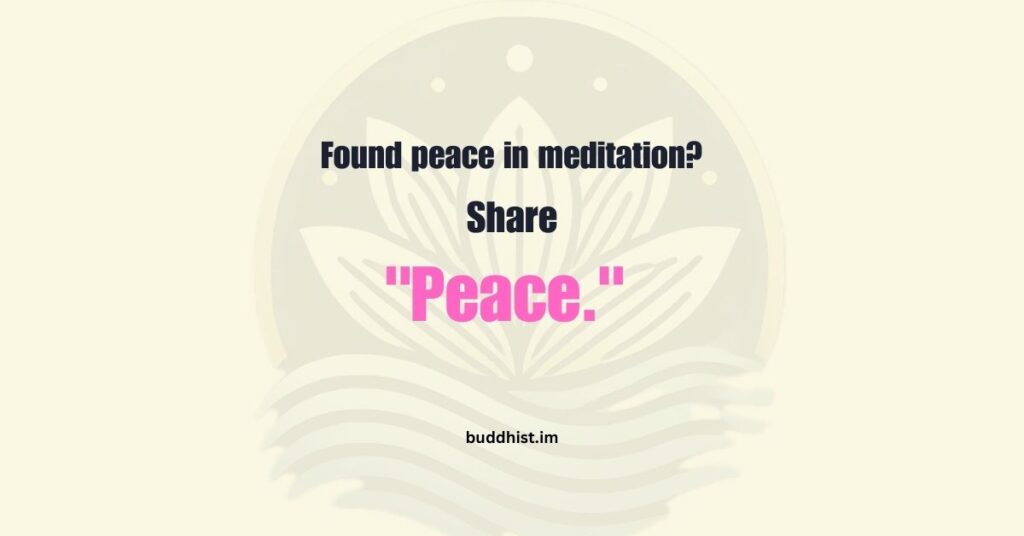
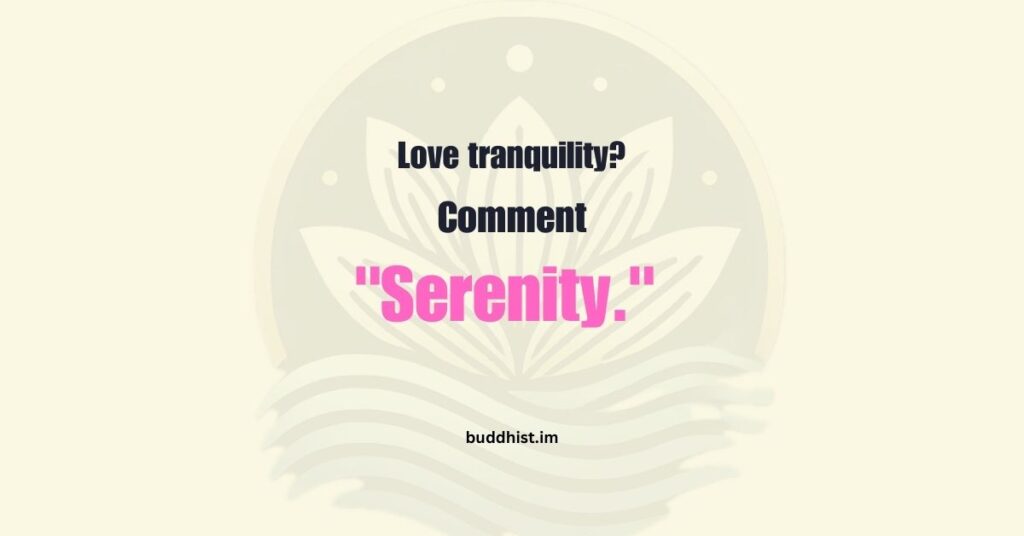


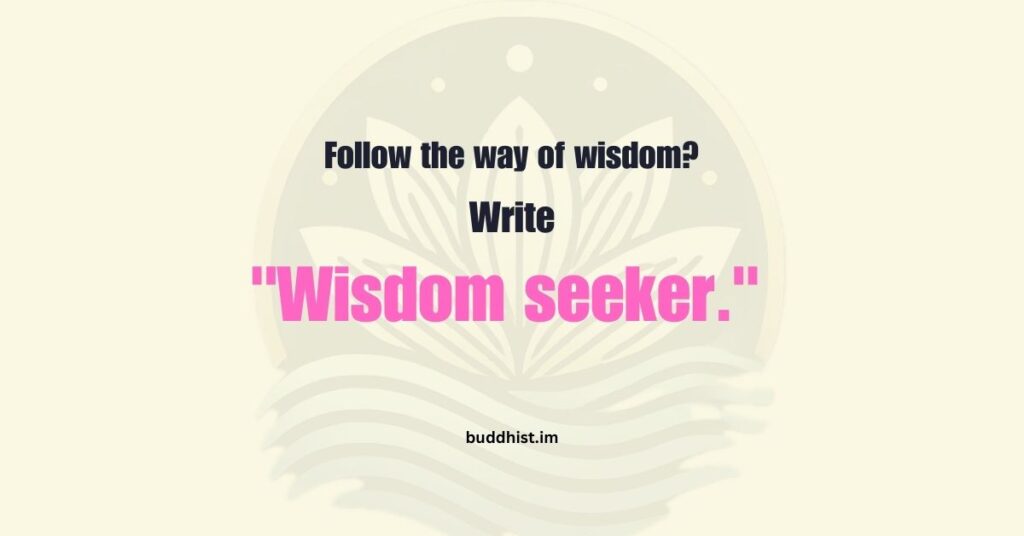
![[Trust Thrives on THIS] And It’s Easier Than You Think!](https://buddhist.im/wp-content/uploads/2025/01/Trust-Thrives-on-THIS—And-Its-Easier-Than-You-Think-1024x536.jpg)
